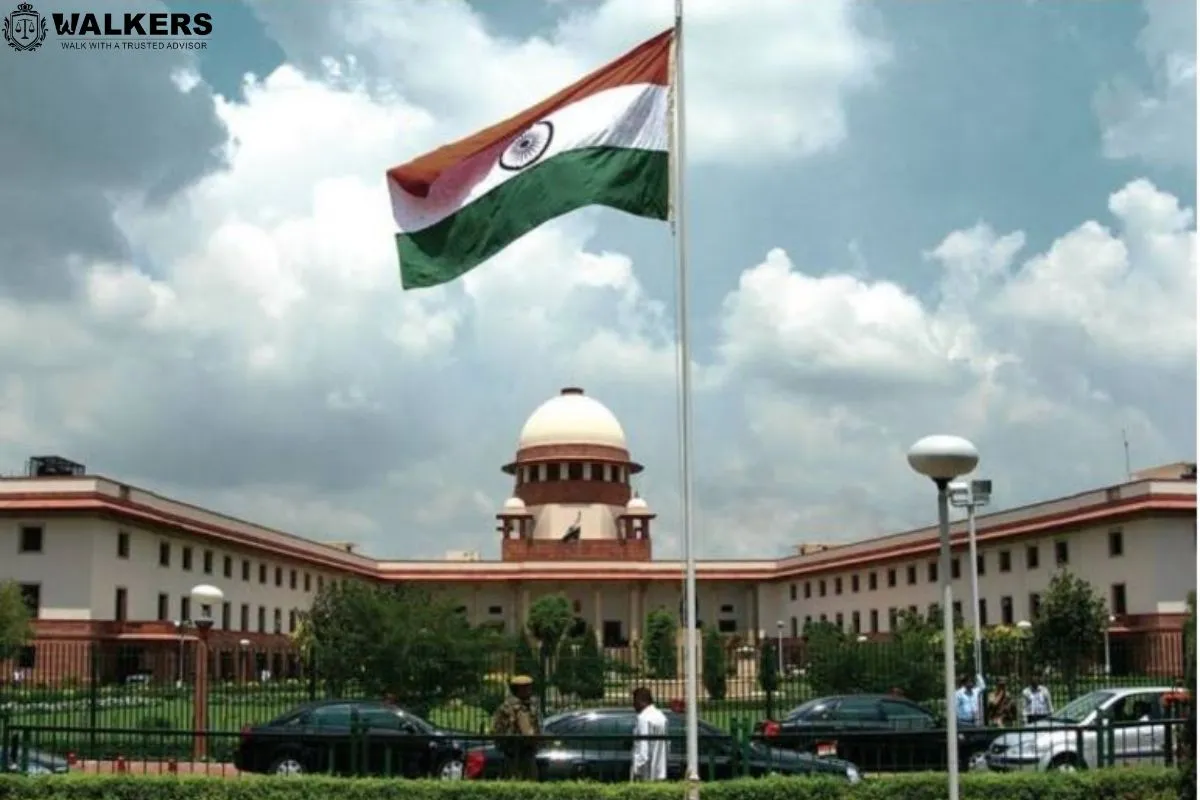


1. Supreme Court rules that the mere unnatural death of a wife within 7 years of marriage in the matrimonial home is not sufficient to convict the husband for dowry death
Case Title: Charan Singh @ Charanjit Singh v. State of Uttarakhand
In a recent ruling, the Supreme Court has clarified that the mere occurrence of an unnatural death of a wife in her matrimonial home within 7 years of marriage is not enough to convict her husband for dowry death. The decision was made by a Division Bench of Justices Abhay S Oka and Rajesh Bindal, who emphasized that establishing an offense of dowry death requires evidence of cruelty or harassment towards the deceased shortly before her death.
The Court carefully examined the statement of the deceased's father and found that while there were instances of dowry demands in the initial months of the marriage, there was no evidence to suggest that such demands were made immediately prior to the woman's death. Therefore, the Court concluded that there was not enough evidence to convict the husband for dowry death in this case.
2. Supreme Court Constitution Bench rules by 3:2 majority that unstamped arbitration agreements are not legally valid
Case Title: NN Global Mercantile Private Limited v. Indo Unique Flame Limited and Others
The Constitution Bench of the Supreme Court has ruled by a 3:2 majority that unstamped arbitration agreements are not legally valid. Justices KM Joseph, Ajay Rastogi, Aniruddha Bose, Hrishikesh Roy, and CT Ravikumar held that if an unstamped original arbitration agreement is presented, the court must act under Section 139 of the Stamp Act and deem the agreement non-existent unless it is validated under the Act.
In his dissenting opinion, Justice Rastogi argued that a copy/certified copy of an unstamped arbitration agreement can still be enforced at the pre-referral stage for the appointment of an arbitrator under Section 11(6A) of the 1996 Arbitration Act.
Justice Roy, in his dissenting opinion, emphasized that the objective of the 1996 Arbitration Act was to avoid procedural complexity and delay in litigation before courts. Impounding and stamping at the Section 11 stage would hinder the enforcement of arbitration agreements, he argued, and would not achieve the objectives of both the Arbitration Act and the Stamp Act. Therefore, he suggested deferring stamping until the arbitrator's stage.
3. Supreme Court directs Madhya Pradesh to review 75% domicile quota in B.Ed colleges, saying wholesale quotas frustrate the purpose of reservation
Case Title: Veena Vadini Teachers Training Institute v. State of Madhya Pradesh and Others.
Supreme Court asks Madhya Pradesh to review 75% domicile quota in B.Ed colleges stating that wholesale reservations in educational institutions are unconstitutional and violate the right to equality. A Division Bench of Justices Aniruddha Bose and Sudhanshu Dhulia heard petitions challenging the mandatory domicile quota and observed that the figure was excessively high and served no purpose. The court requested the state government to examine relevant data within two months and arrive at a realistic quota for such reservations.
4.Supreme Court rules that an irretrievably broken down marriage can be dissolved on the grounds of cruelty
Case Title: Shri Rakesh Raman v. Smt Kavita
The Supreme Court has ruled that a marriage that has irretrievably broken down can be dissolved on the grounds of cruelty under Section 13(1)(ia) of the Hindu Marriage Act, 1955. In the case of Shri Rakesh Raman v. Smt Kavita, a Division Bench of Justices Sudhanshu Dhulia and JB Pardiwala opined that even though the Act does not explicitly recognize irretrievable breakdown of marriage as a ground for divorce, it can be construed as cruelty. The Court held that a marriage that has broken down irretrievably is cruel to both parties, and as such, is a valid ground for dissolution of marriage.
5. Filing chargesheet before completing probe to deny default bail scuttled by Supreme Court
Case Title: Ritu Chhabaria v. Union of India
Supreme Court upholds right to default bail, says chargesheet cannot be filed before completing probe
In a significant ruling, a Division Bench of Justices Krishna Murari and CT Ravikumar has underscored the importance of the right to default bail under the Criminal Procedure Code (CrPC). The Court held that the right of default bail was not just a statutory one but a fundamental right flowing from Article 21 of the Constitution.
The Court stated that chargesheets or prosecution complaints cannot be filed before completing the investigation in a case. Doing so would deprive an arrested accused of their right to default bail under Section 167(2) of the CrPC. Furthermore, such chargesheets would not extinguish the right to default bail under Section 167(2) CrPC.
The Court added that in such cases, the trial court cannot continue to remand an arrested person beyond the maximum stipulated time without offering them default bail.
TAGS: Supreme Court judgments April 16-30 2023 dowry death unnatural death husband wife harassment cruelty arbitration agreement unstamped legally valid Constitution Bench right to equality reservation B.Ed colleges domicile quota irretrievably broken down marriage cruelty Hindu Marriage Act chargesheet probe default bail Criminal Procedure Code fundamental right Article 21 arrested accused Section 167(2) investigation prosecution Section 173 Indian Penal Code defamation social media truth public interest media freedom Section 499 500 right to fair trial anticipatory bail Indian Evidence Act Section 34 dying declaration eyewitness testimony admissibility reliability chain of events probative value corroboration.